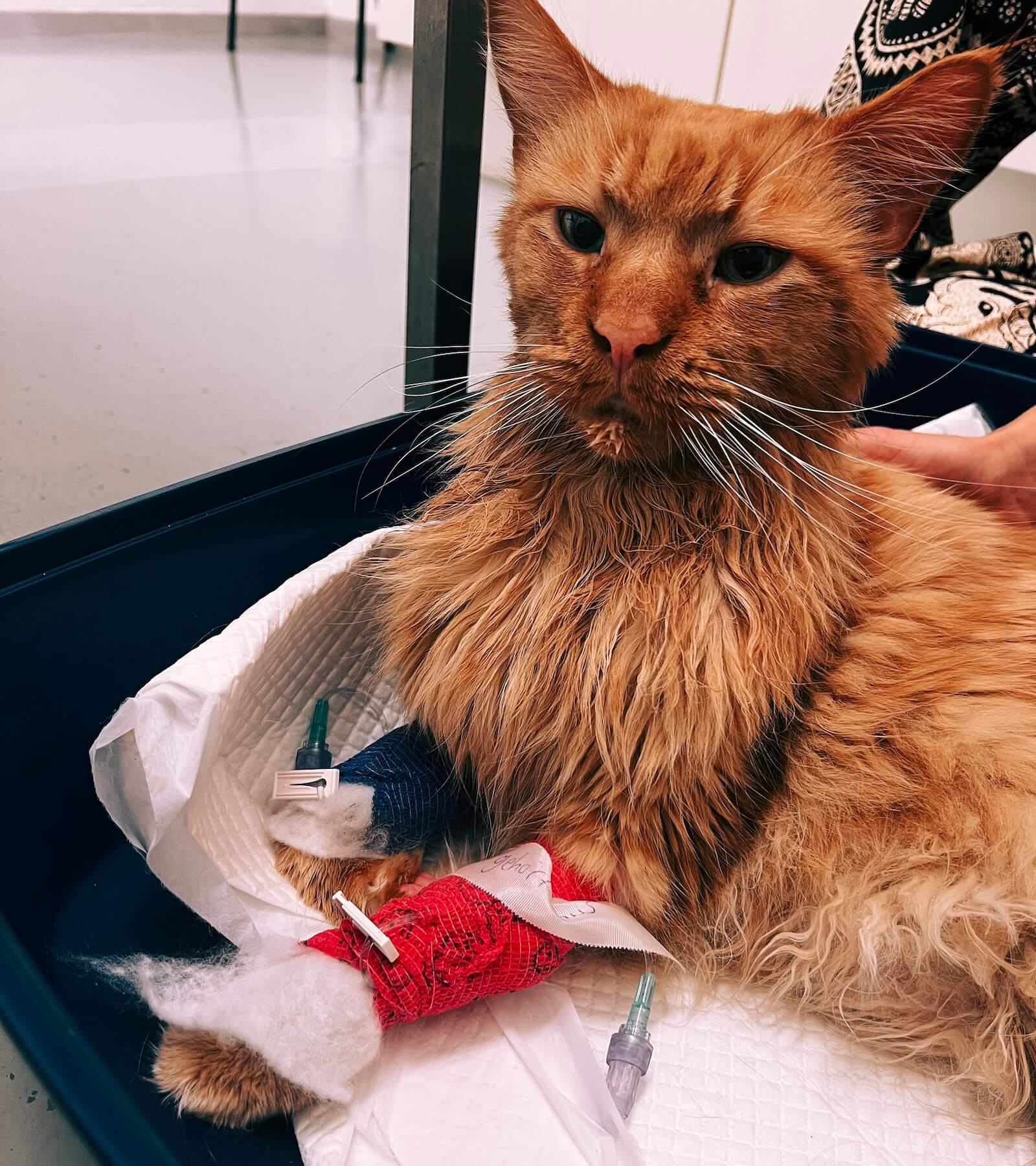This issue is a little late.
Whiskey, our Maine Coon, suddenly fell seriously ill (kidney failure) and spent seven days in the ICU. We’ve been doing everything we can to help him recover, and it’s taken a toll over the past few weeks.
It also reminded me just how heavy things can feel when someone depends on you. That weight of care and of responsibility is exactly what today’s story is about.
---
One thing nobody really talks about when you’re running a business: The more people you feel responsible for, the greater the pain when something goes wrong.
A few years ago, we broke something. Badly.
A critical feature inside the app failed. Not just a small bug or an edge case, but something essential. For about an hour, our users couldn’t run their practice. They couldn’t access the tools they rely on every day to see patients, manage schedules, send invoices. We disrupted their workday and it was entirely our fault.
The technical fix was quick. We patched it, tested it, and got things back up and running fast. But emotionally? That hour stayed with me for a long time. And still does.
Early on, moments like that don’t hit as hard.
When you only have a couple dozen users, many of them early adopters who know the product is still finding its footing, you’re more forgiving with yourself. They usually are, too.
But when there are thousands of people relying on your product every single day to do their work, to help others… it lands very differently.
That day was the first time I truly felt the weight of that. The guilt. The responsibility. I remember the sinking feeling when we realized what had happened. The support messages piling up. The stress in our tiny teams faces. Knowing that real people, therapists with packed schedules and limited time, were stuck because of us.
And yet, that weight is also what gives our work meaning.
We took that failure seriously. We changed how we work. We tightened our processes, added guardrails, improved our monitoring and communication. We grew up a little.
We still make mistakes. That part hasn’t changed. But we try to make better ones now. Slower ones. Ones we can learn from.
The weight never really goes away. But it becomes something you learn to carry, not as a burden, but as a reminder: what you’re building matters.
Thanks for reading and if this resonated with you, I’d be grateful if you shared it with someone else who might need to hear it.

